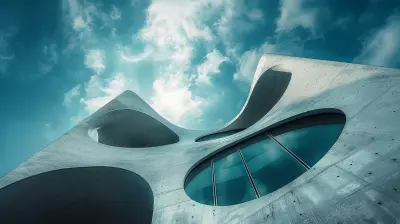The Importance of Team Dynamics in Professional Esports
19 August 2025
Esports has skyrocketed into one of the most competitive and lucrative industries in the world. From intense 1v1 battles to highly strategic 5v5 team-based games, the level of competition is staggering. But what separates a good team from a championship-winning one? Skill? Sure. Strategy? Definitely. But the real secret weapon? Team dynamics.
If you've ever played a multiplayer game, you know that one toxic teammate can ruin an entire match. Now, imagine that happening at the professional level, where millions of dollars and reputations are on the line. Team dynamics in esports aren't just a bonus; they're essential for success.
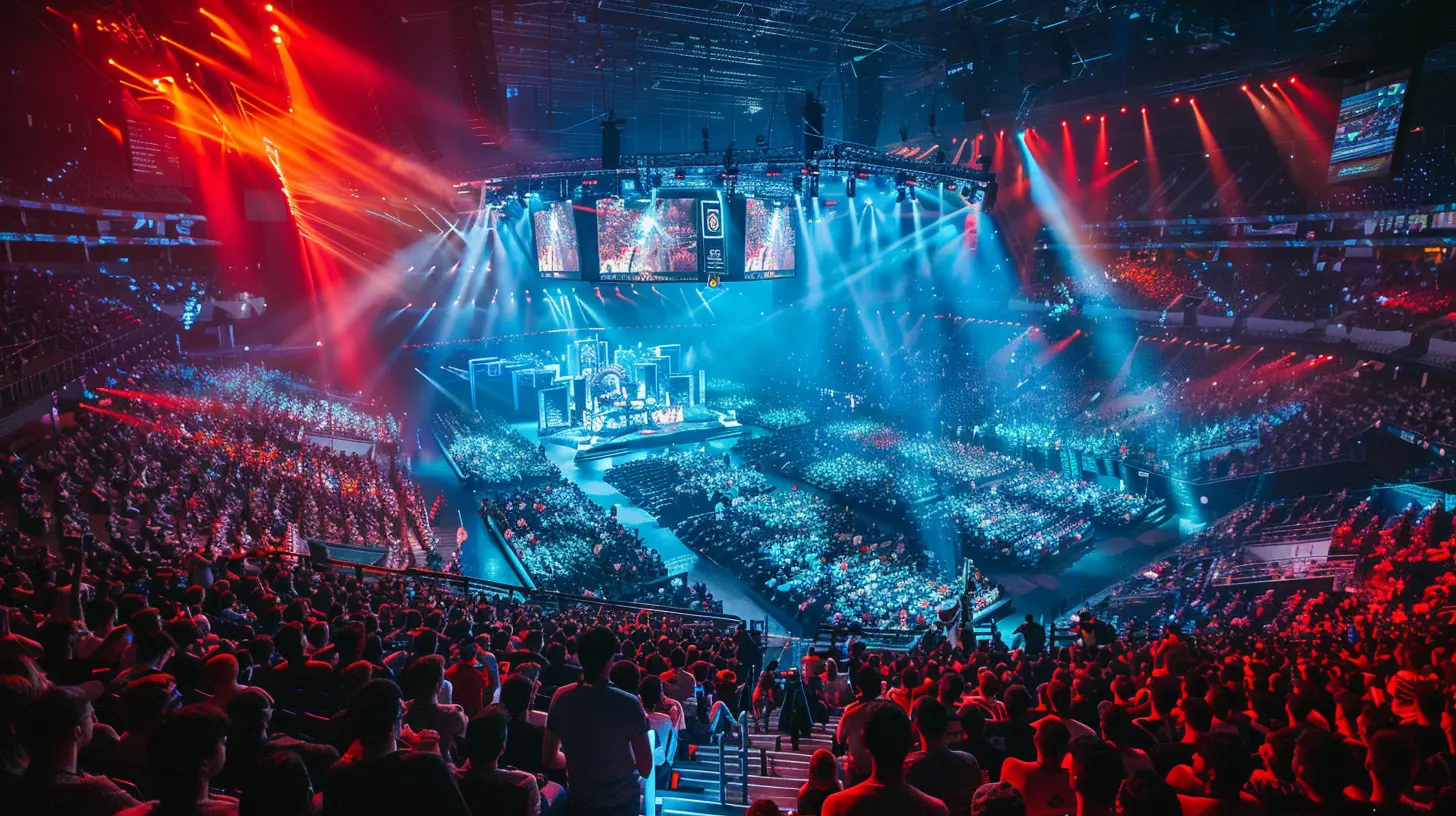
What Are Team Dynamics?
Before we dive into the nitty-gritty, let’s break it down. Team dynamics refers to how players interact, communicate, and work together as a unit. It’s more than just strategy—it’s about trust, chemistry, and adaptability.Think of an esports team like a well-oiled machine. Every player has a specific role, and if just one cog in the machine malfunctions, the whole system breaks down. In other words, even the most talented individual players can struggle if their team isn’t in sync.
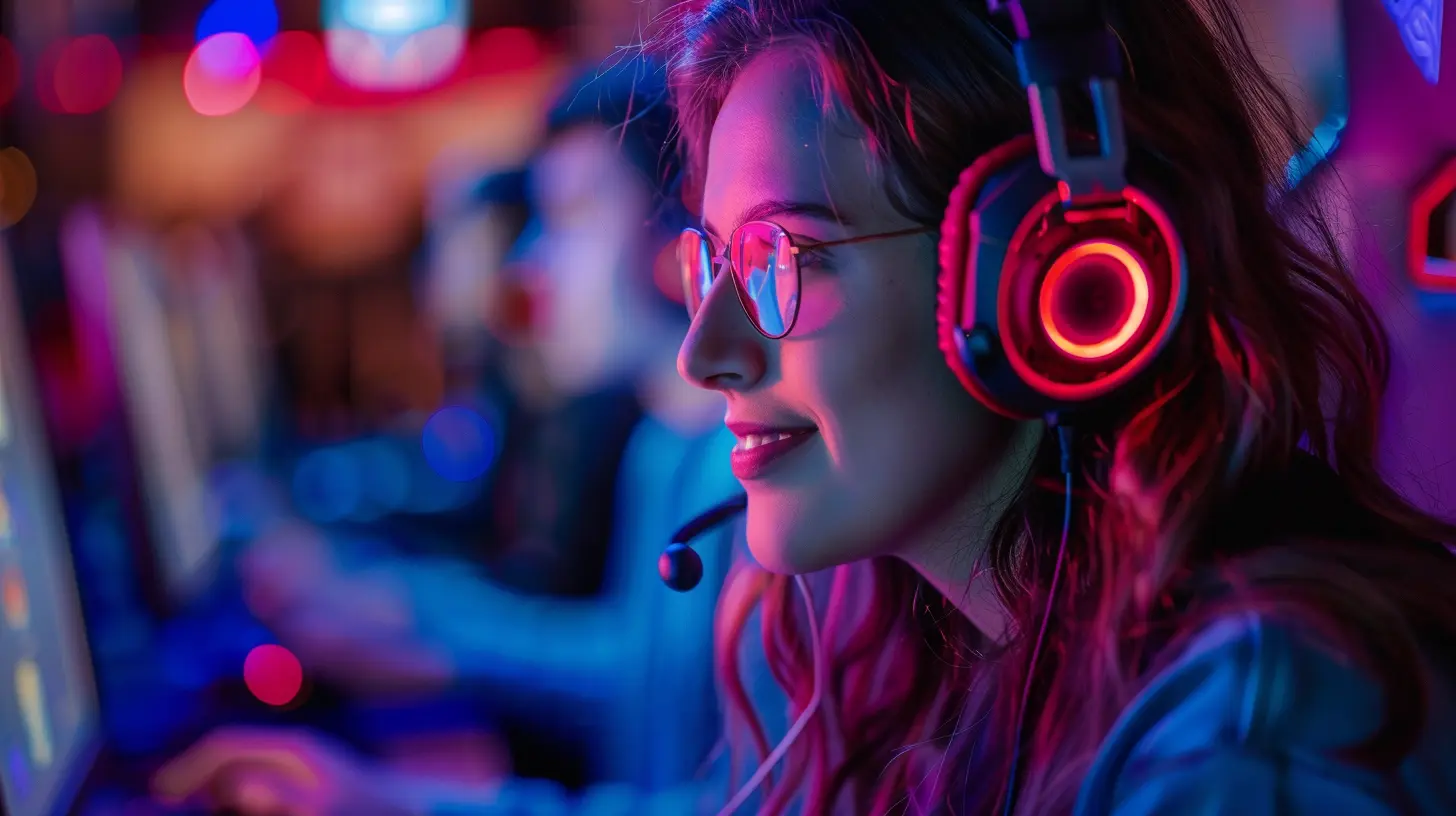
Why Team Dynamics Matter in Esports
1. Communication is Everything
Imagine playing a high-stakes match of Counter-Strike or League of Legends without talking to your teammates. Sounds like a disaster, right? Clear, concise, and effective communication can make or break a team.- Callouts help players anticipate enemy movements.
- Coordinated strategies ensure synchronized attacks.
- Positive reinforcement keeps morale high.
On the flip side, poor communication leads to confusion, misplays, and unnecessary losses. The best teams have developed a natural rhythm, where even minimal words convey maximum information.
2. Trust and Team Chemistry
You can’t win championships if you don’t trust your teammates. Period.Pro teams spend countless hours practicing together—not just to hone their skills, but also to build chemistry. When players trust one another, they make faster decisions, commit to plays without hesitation, and cover for each other when things go south.
Ever seen an insane 1v4 clutch in a pro match? That player wasn’t just skilled; their team created the perfect conditions to allow them to shine.
3. Adaptability and Problem-Solving
No two games are ever the same. A strategy that worked yesterday might get completely dismantled today. That’s where team dynamics really come into play.Great teams can adapt on the fly, switching up tactics, adjusting playstyles, and outthinking their opponents in real time. It’s like being in a chess match where the board is constantly shifting—teams that can't adjust get left behind.
4. Morale and Mental Resilience
Esports is mentally exhausting. When things go south—because they always do at some point—team morale becomes a deciding factor.Picture this: You’re in the grand finals, down 0-2 in a best-of-five series. Do you collapse under pressure, or do you rally together and mount a comeback?
Teams with strong dynamics lift each other up instead of tearing each other down. They stay positive, keep their heads in the game, and fight until the last second.
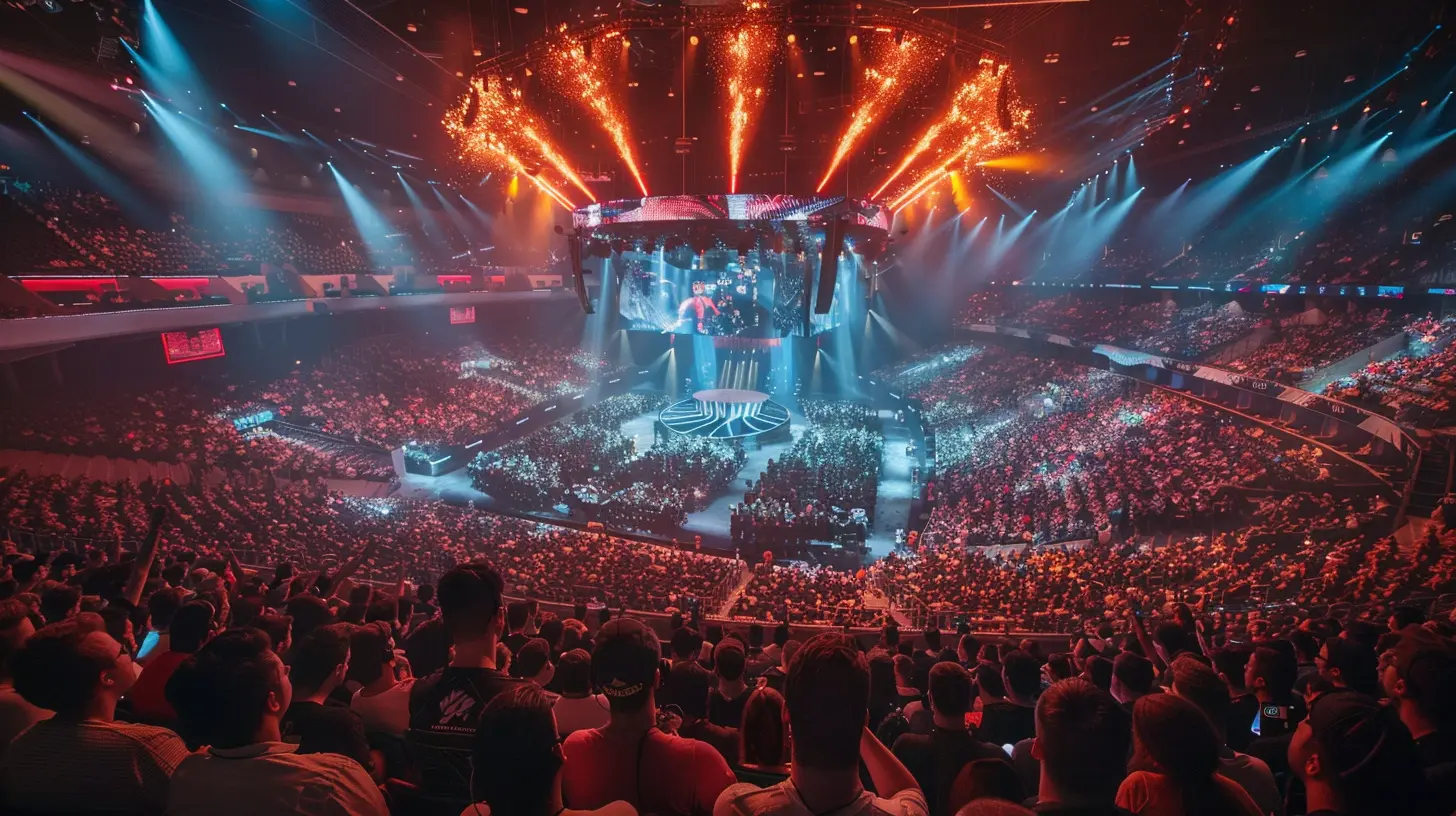
The Role of Leadership in Team Dynamics
Every great team needs a leader. In esports, this role usually falls on the IGL (In-Game Leader) or a seasoned veteran who keeps the squad focused when the pressure is at its peak.A good leader:
- Keeps the team calm and collected in high-pressure moments.
- Makes decisive calls that players trust.
- Acts as a mediator when conflicts arise.
Without solid leadership, even the most mechanically talented squad can fall apart due to miscommunication and internal clashes.
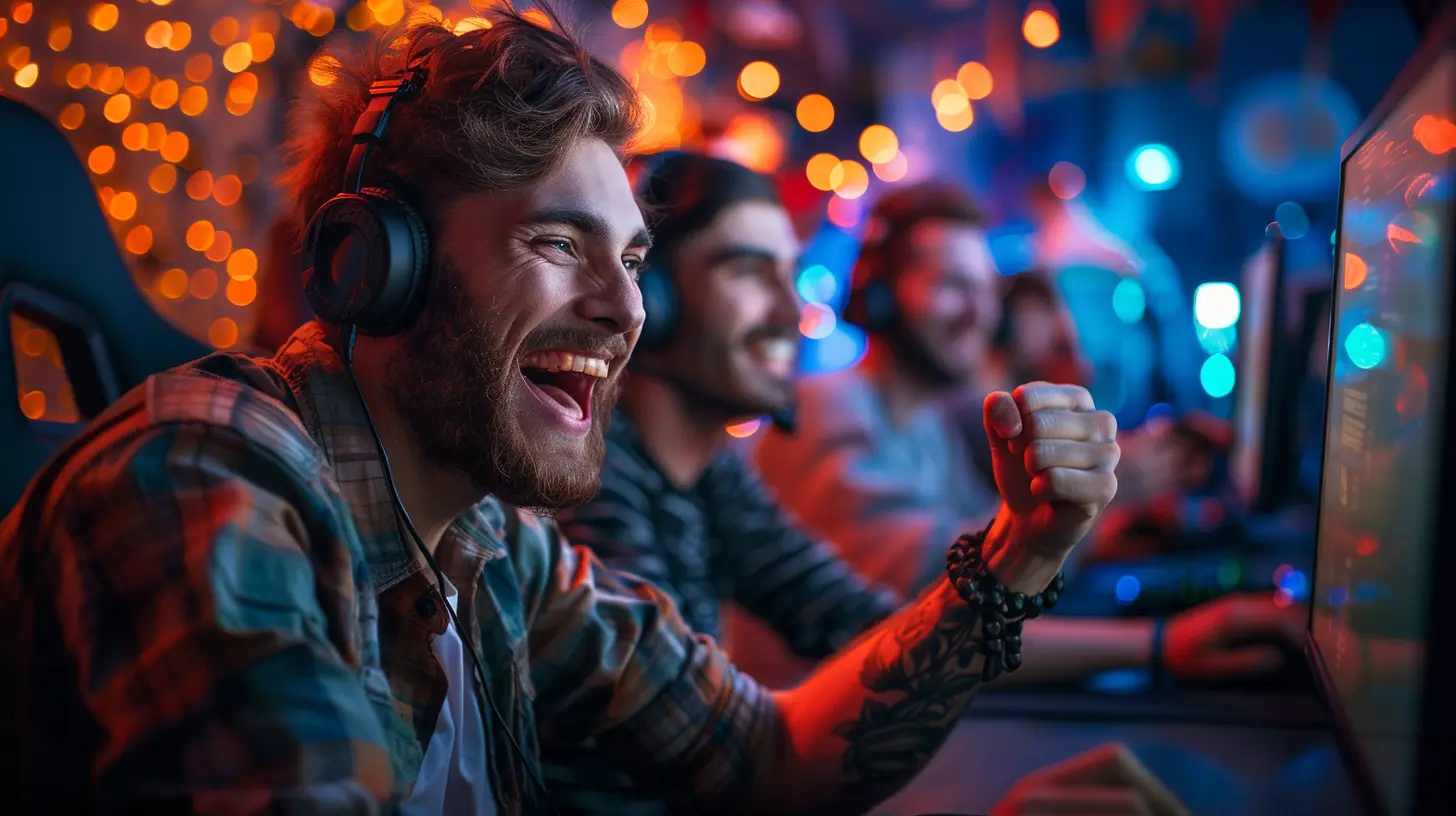
The Impact of Team Dynamics on Performance
Let’s be real—raw skill alone doesn’t guarantee victories. The best teams in esports history have thrived because of exceptional teamwork rather than just pure mechanical prowess.Look at iconic teams like Astralis in CS:GO or SK Telecom T1 in League of Legends. They weren’t just a collection of individual superstars; they played as a cohesive unit, understanding each other's playstyle and executing strategies flawlessly.
When team dynamics are strong, players:
✅ React faster to in-game situations.
✅ Play selflessly, prioritizing the team’s success over personal glory.
✅ Handle setbacks better, bouncing back instead of falling apart.
How Pro Teams Build Strong Team Dynamics
Professional esports teams don’t leave team chemistry up to chance—they actively work on it. Here’s how they do it:1. Regular Team Practice (Scrims & VOD Reviews)
Pro teams scrim (practice) daily, testing strategies against high-level opponents. Afterward, they watch VODs (game recordings) to analyze mistakes and fine-tune their gameplay.2. Team Bonding & Boot Camps
Top organizations often send their players to boot camps, where they live, eat, and practice together. This helps build camaraderie and stronger personal connections outside the game.3. Mental Coaching & Sports Psychology
Handling stress and maintaining a positive mindset is crucial. Many teams work with sports psychologists to develop mental resilience and limit emotional tilt during matches.4. Conflict Resolution & Open Communication
No matter how skilled a team is, disagreements will happen. The best teams create a culture of open communication, where players talk through issues constructively instead of letting emotions fester.
Conclusion
Esports is more than just flashy plays and god-tier mechanics—it’s a team-driven competition where synergy, trust, and communication reign supreme. A team with strong dynamics will always outperform a group of individual superstars who can’t work together.So, whether you’re grinding ranked games with friends or dreaming of going pro, remember this: teamwork makes the dream work. Build trust, communicate effectively, and always have your teammates' backs—it’s the key to success in esports.
all images in this post were generated using AI tools
Category:
EsportsAuthor:

Michael Robinson
Discussion
rate this article
1 comments
Calaris Navarro
Absolutely loved this article! 🌟 The emphasis on team dynamics in esports is spot on. A cohesive team truly makes all the difference in competitive gaming. Excited to see how collaboration continues to shape the future of esports! 🎮💪
August 27, 2025 at 3:37 AM

Michael Robinson
Thank you so much for your kind words! I'm glad you resonated with the focus on team dynamics—it's indeed crucial for success in esports! 🎮✨
